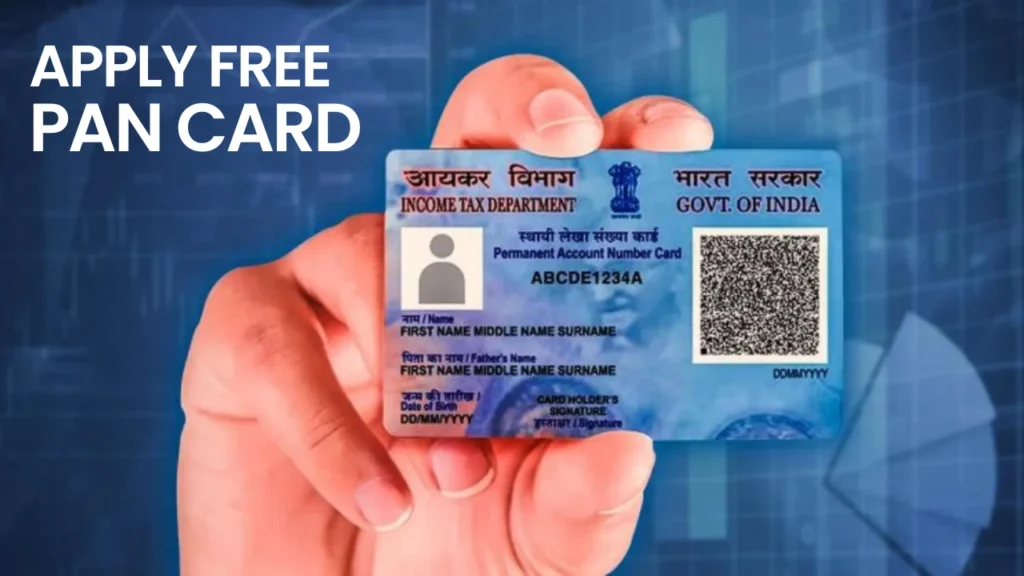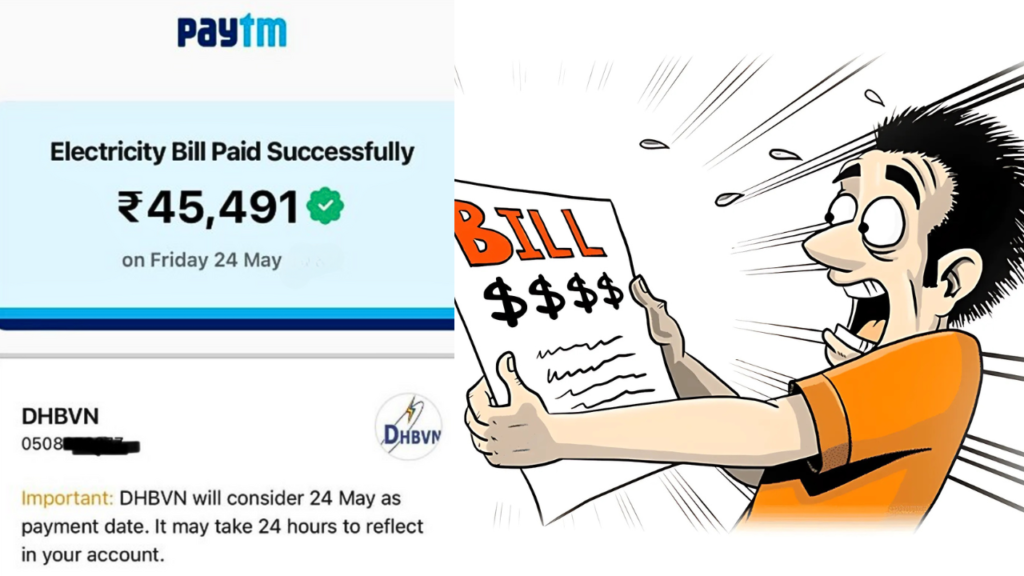The Goods and Services Tax (GST) in India has streamlined taxation by replacing multiple indirect taxes. While GST applies primarily to businesses, many freelancers wonder if they need to register for GST and file returns. As the freelancing economy grows, understanding GST compliance is essential to avoid penalties and ensure smooth financial operations. This guide will explain the GST requirements for freelancers, registration criteria, tax rates, exemptions, and the filing process.
Who is Considered a Freelancer Under GST?
A freelancer is an individual who provides services without being employed by a company on a long-term basis. Freelancers offer services such as content writing, graphic design, software development, consulting, marketing, tutoring, and more. From a taxation perspective, freelancers are treated as service providers, and their earnings may attract GST if they exceed certain thresholds.
When Do Freelancers Need to Register for GST?
GST registration for them depends on their annual income and the nature of their clients (domestic or international). Below are the key factors that determine whether a freelancer needs to register:
- Annual Turnover Threshold:
- Freelancers earning more than Rs.20 lakh per year (Rs.10 lakh for North Eastern and special category states) must register for GST.
- If the turnover is below this limit, GST registration is optional unless the freelancer provides services outside India.
- Interstate Services:
- If a freelancer provides services to clients in different states, GST registration is required, irrespective of turnover.
- Export of Services:
- If a freelancer provides services to international clients, they are considered exporters.
- GST registration is mandatory for exporters, but they can claim GST exemptions by submitting a Letter of Undertaking (LUT) or paying GST and claiming a refund later.
- GST on Online Platforms:
- If a freelancer provides services through online platforms like Upwork, Fiverr, or Freelancer.com, GST registration may be required if they receive payments in foreign currency.
GST Rates for Freelancers
The applicable GST rates for them depend on the type of services they provide:
- 18% GST: This applies to most freelance services, including IT services, content writing, digital marketing, consulting, and designing.
- 12% GST: Applies to specific professional services such as research and technical consulting.
- 5% GST: Applies to some government contracts and specialized services.
- Exempt Services: Educational and medical consulting services may be exempt from GST, depending on the nature of the service.
How to Register for GST as a Freelancer
They can register for GST online through the GST portal. The process involves the following steps:
- Visit the GST Portal: Go to www.gst.gov.in and click on ‘New Registration.’
- Fill in the Details: Provide details such as name, PAN number, business type (individual freelancer), and contact details.
- Submit Documents: Upload required documents like PAN card, Aadhaar card, bank account details, and proof of address.
- Receive GSTIN: Once verified, a GST Identification Number (GSTIN) will be issued.
How to File GST Returns as a Freelancer
They registered under GST need to file regular returns. The filing process includes:
- GSTR-1 (Monthly/Quarterly): Details of invoices issued to clients.
- GSTR-3B (Monthly): Summary return for tax payment.
- Annual Return (GSTR-9): A consolidated report for the financial year.
- Export Documentation: If dealing with foreign clients, freelancers must submit an LUT for tax exemption or claim GST refunds on exports.
GST on Foreign Clients: Do They Need to Pay?
Freelancers offering services to clients outside India are considered exporters, and exports are zero-rated under GST. This means freelancers do not need to charge GST on payments received from international clients. However, they must follow one of these methods:
- Submit an LUT (Letter of Undertaking): This allows freelancers to export services without paying GST.
- Pay GST and Claim a Refund: If a LUT is not submitted, freelancers must charge 18% GST and later apply for a refund.
GST Compliance and Challenges for Freelancers
- Complexity in Filing Returns: Filing GST returns requires regular record-keeping and can be time-consuming for them.
- Managing International Transactions: Ensuring compliance with GST rules for foreign payments and claiming refunds can be complicated.
- Penalty for Non-Compliance: Failure to register or file GST returns on time can result in fines and penalties.
- Dual Taxation Issues: Some freelancers may face issues with GST and TDS (Tax Deducted at Source), making tax compliance more challenging.
Benefits of GST for Freelancers
Despite the challenges, GST compliance offers several advantages:
- Input Tax Credit (ITC): Freelancers can claim ITC on expenses like software subscriptions, office rent, and other business costs.
- Better Credibility: GST registration enhances credibility, making it easier to work with corporate clients.
- Tax Benefits for Exporters: Zero-rated GST on exports helps freelancers save on taxes when working with international clients.
- Legal Protection: Proper GST compliance protects freelancers from legal disputes and tax penalties.
Is GST Registration Worth It for Freelancers?
Whether a freelancer should register for GST depends on their income and client base. If the turnover is below Rs.20 lakh and services are only provided domestically, GST registration is not mandatory. However, for freelancers dealing with international clients, registering for GST and submitting a LUT is beneficial to avoid tax deductions and ensure smooth payments.
Final Thoughts
GST compliance is an important aspect for freelancers in India. While GST registration is mandatory for those exceeding the turnover threshold or working with international clients, it also offers benefits such as input tax credits and credibility. Understanding GST rates, filing procedures, and compliance requirements can help freelancers manage their taxes efficiently and avoid legal issues. Whether you are a new freelancer or an experienced professional, staying informed about GST rules will ensure smooth financial management and business growth.



















